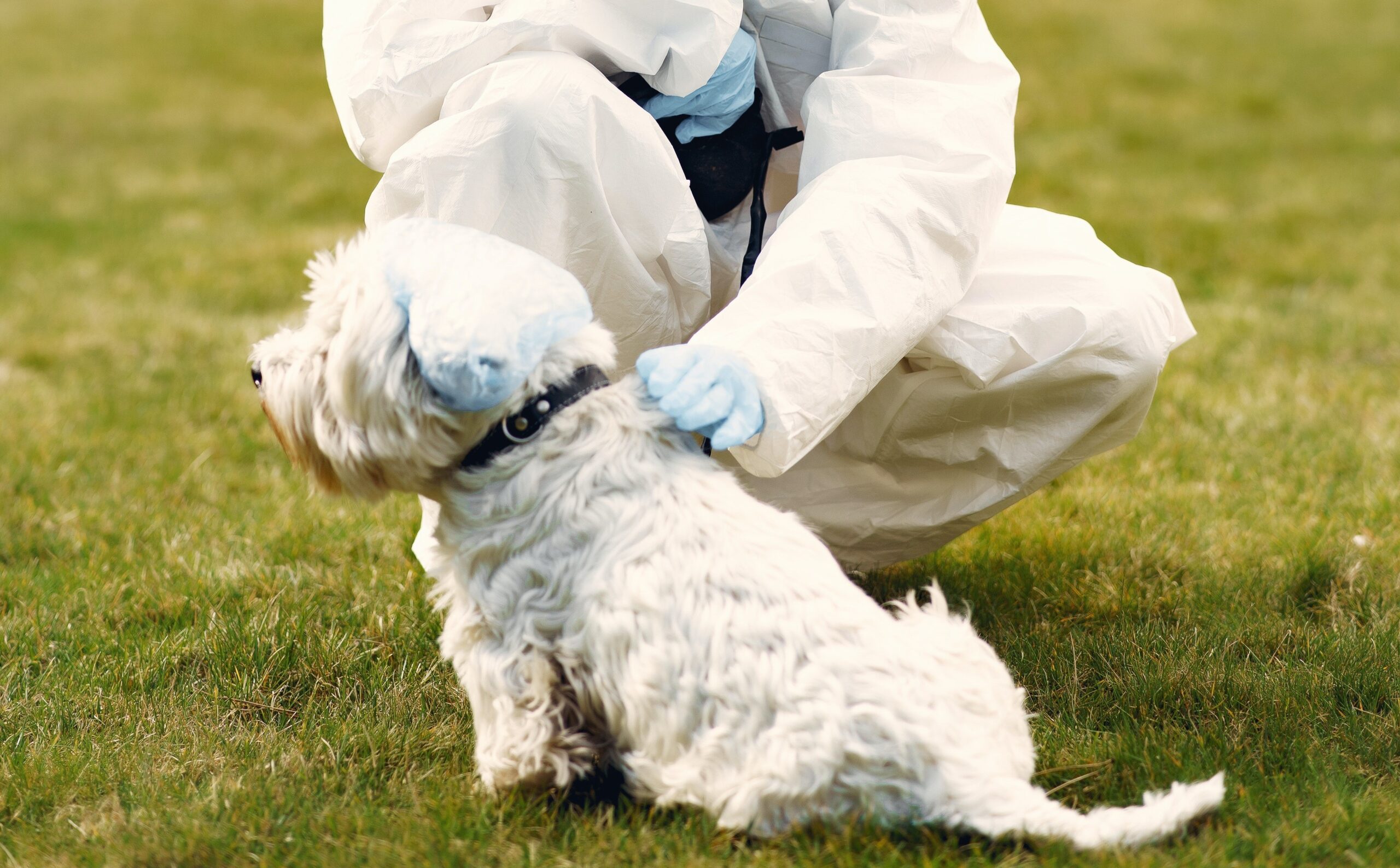Preventative Care for Pets: A Guide to Keeping Your Furry Friend Healthy
As a pet owner, your furry friend is part of your family, and you want to keep them happy and healthy for as long as possible. Preventative care is key to achieving this goal. Here are some tips for preventative care for your pets to help them keep healthy and happy.
Tips to Keep Your Pet Healthy:
- Regular Visits to the Veterinarian: Regular visits to the veterinarian are essential for your pet’s health. Your veterinarian can provide routine check-ups, vaccinations, and screenings for diseases. These visits can help detect health problems early on, before they become more severe and costly to treat.
- Proper Nutrition: Proper nutrition is crucial for your pet’s health. A balanced diet can help prevent obesity, dental problems, and other health issues. Consult with your veterinarian to determine the best diet for your pet based on their age, breed, and activity level.
- Exercise Exercise: is essential for your pet’s physical and mental well-being. Daily exercise can help prevent obesity, diabetes, and other health problems. Consult with your veterinarian to determine the appropriate exercise regimen for your pet based on their age, breed, and activity level.
- Dental Care: Dental care is critical for your pet’s overall health. Regular brushing and dental cleanings can help prevent gum disease, tooth decay, and other dental issues. Consult with your veterinarian to determine the best dental care routine for your pet.
- Parasite Prevention: Parasites, such as fleas and ticks, can cause serious health problems for your pet. Regular use of preventative medications can help prevent parasites from infesting your pet’s coat and skin. Consult with your veterinarian to determine the best parasite prevention regimen for your pet.
- Spaying or Neutering: Spaying or neutering your pet can help prevent health problems, such as certain types of cancer, and behavioral problems, such as aggression and marking. Consult with your veterinarian to determine the best time to spay or neuter your pet based on their age, breed, and overall health.
- Mental Stimulation: Mental stimulation is essential for your pet’s mental health. Activities such as puzzles, interactive toys, and obedience training can help prevent boredom and reduce stress. Consult with your veterinarian to determine the best mental stimulation activities for your pet.
Conclusion:
In conclusion, preventative care for pets is essential for keeping your pet healthy and happy. Regular visits to the veterinarian, proper nutrition, exercise, dental care, parasite prevention, spaying or neutering, and mental stimulation can help prevent health problems and ensure your furry friend has a long and happy life. Remember, a healthy pet is a happy pet!






